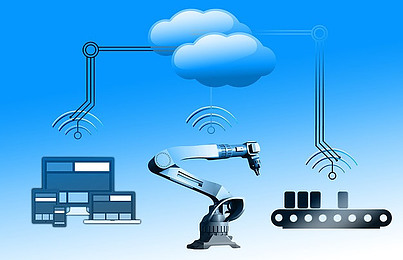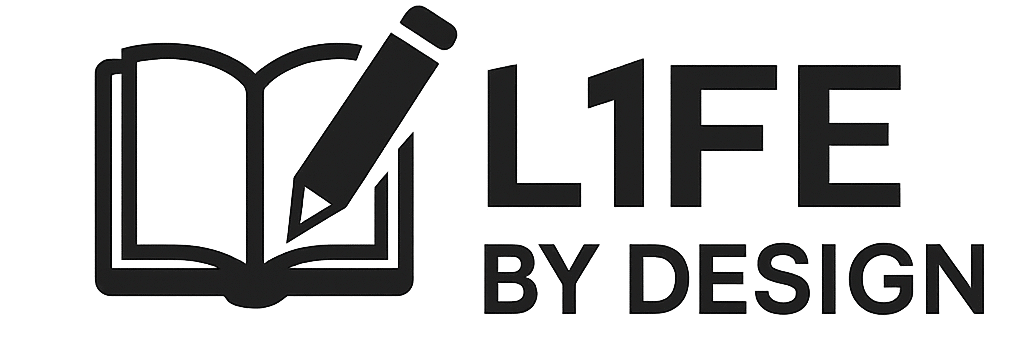The Internet of Things (IoT) is revolutionizing business operations worldwide. It’s a network that connects physical objects, allowing them to collect and share data.
What is IoT?
The Internet of Things (IoT) is an interconnected network of physical objects—like devices, machines, sensors, and other items embedded with software, electronics, and actuators—that can collect and exchange data with each other over the internet. In other words, these objects can communicate with each other without any human intervention. This interconnectivity has created a massive opportunity for businesses to develop more innovative products and services, increasing efficiency and reducing costs.
The world is entering an era of unprecedented innovation with the Internet of Things (IoT). This interconnected network allows physical objects, from devices and machines to sensors and actuators, to share data over the internet. Doing so enables us to tap into a wealth of information that has never been available.
The pros: The internet of things will make our lives easier and more efficient. For example, it can automate mundane tasks like grocery shopping, ordering food delivery, or scheduling medical appointments. It can also help us stay connected with family and friends by providing instant updates on their status and whereabouts. We could even use it to monitor our health, alerting us when a potential issue needs attention. All these benefits come with the convenience of being connected wherever you are.
The cons: The internet of things comes with risks and rewards. Privacy is one primary concern; many worry about companies having access to our data and how they may use it for their gain. Additionally, cyber security issues can arise, putting our data and devices at risk of being hacked. This cutting-edge technological revolution presents many new intellectual difficulties, not least of which is the gravity and impact posed by a potential lack of control over our lives. As we increasingly rely on online connections to mediate all facets of existence, will algorithms usurp accountability, or are there ways for us to remain in charge?
How Will IoT Impact Businesses in 2023?
As we move closer to 2023, we will see an increasing number of businesses making use of the potential benefits offered by IoT technology. We will likely see more companies utilizing automation technologies such as robotics process automation (RPA) or machine learning (ML) solutions to streamline their operations while still providing customers with efficient services. We also see increased predictive analytics, which can help organizations make informed decisions based on data collected from connected devices or customer preferences gathered through surveys or other methods.
IoT technology has already started making waves within various industries. Still, its potential will be further unleashed in the years ahead when more organizations utilize its capabilities as companies shift toward automated processes. Overall, it’s clear that the potential benefits offered by this new technology are immense and could drastically change how companies conduct business moving forward into 2023 and beyond!

Anyone who has purchased Alexa will know about the collecting of information as Alexa listens in on conversations and suddenly responds to the surprise of household members.While technology continues to make our lives easier it also as this page suggests broadcasts our private information to those who would use it for illegal purposes.Theere must be strict controls placed on the dissemination of persopnal private information whether it be to governments or private corporations.
Yes, I could not agree more, there should be strict controls placed on the dissemination of personal private information. Our private thoughts and conversations should be just that – private. We need to remember that we have individual rights to our own thoughts, and when these thoughts are revealed to others without our consent, they can have a major impact on our lives.
It’s important that we as individuals are aware of the risks involved with sharing too much information online, and though everyone loves modern tech, we need to be very careful with the latest gadgets. We need to be thoughtful about what we share, and make sure we’re protecting ourselves by using strong passwords and privacy settings. It’s also important to stay informed about the latest security threats and how they may impact us. By being proactive and voicing concerns to our representatives we help ensure safer standards.
I completely agree that the Internet of Things (IoT) is revolutionizing business operations around the world. It’s amazing to see how interconnected devices and objects can communicate and exchange data to improve efficiency and reduce costs. I have personally seen the impact of IoT in my own work, and it’s exciting to think about the potential for even more innovation in the coming years. It’s definitely an exciting time for businesses to take advantage of the benefits of IoT, and I’m looking forward to seeing how it will continue to shape the way we do business in the future.
Yes, The Internet of Things (IoT) is revolutionizing business operations around the world by allowing devices and objects to communicate and exchange data. This improved communication and data sharing can lead to increased efficiency and reduced costs for businesses.
However, While the Internet of Things offers many benefits for businesses, it also raises privacy concerns for individual rights. For example, interconnected devices can collect data about our personal preferences and daily activities. This data can then be used to target us with ads or even sell our information to other companies.
We need to be careful to protect our privacy rights in the age of the Internet of Things. We should demand that businesses respect our right to privacy and not collect or sell unnecessary information about us. We should also be skeptical of any product or service that promises to improve our lives through the use of IoT without clearly explaining how it will protect our privacy.
The impact of the internet of things has been enormous. And it has been a major source of changes in many sectors. Apart from small businesses, other major sectors like the oil and energy sector have harnessed the benefits of IoT. Critical units like the weather monitoring units and the health units have used IoT to improve their predictions and deliveries
Yes, there are both benefits and concerns with the internet of things. On the one hand, the interconnectedness of devices can help to improve efficiency and service. On the other hand, there are significant privacy concerns with the internet of things. All these interconnected devices create a wealth of data that can be used to track people’s movements, and there is much potential for abuse and control. It is also possible that hackers could gain access to this data to exploit it for criminal purposes. So as a society, as we move forward, privacy concerns and privacy protections must be in place to ensure continued freedom and individual privacy.
There has been a huge effect from the IoT. Also, it has been a driving force behind revolutionary shifts in a wide range of industries. The benefits of the Internet of Things are not just being used by small enterprises, but also by large industries like the oil and energy sector. The Internet of Things (IoT) has been used by essential services like weather monitoring and healthcare to enhance their predictions and service delivery. Astounding article, thank you very much. I will most certainly pass this along.
Thank you for your comment. The benefits of the IoT are vast and have profoundly affected a wide range of large and small industries. The IoT is genuinely revolutionizing the world as we know it, and its potential is still far from being realized. I’m grateful you took the time to read this article; thank you for sharing this with your friends and followers.